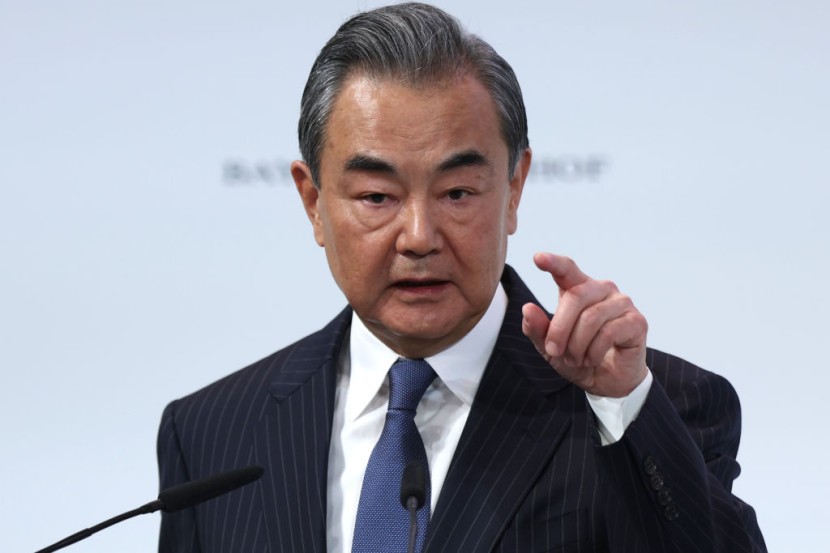
Despite Rome's skepticism, China's Foreign Minister Wang Yi stated that cooperation with Italy under the Beijing-led Belt and Road initiative had been fruitful, with thousands of Chinese households receiving high-quality Italian goods.
"The thousand-year affinity transmitted from the ancient Silk Road has endured," Wang said in a Monday meeting with visiting Italian Deputy Prime Minister Antonio Tajani.
China Touts 'Belt And Road' Initiative to Italy
In 2019, Italy became the first significant Western nation to join China's Belt and Road, a global trade and infrastructure initiative modeled on the concept of the old Silk Road that had linked imperial China and the West millennia ago.
In recent months, however, Italy, the only Group of Seven power to have joined since Chinese President Xi Jinping introduced the trade and infrastructure initiative a decade ago, has expressed doubts about its membership.
Before departing for China on Saturday, Tajani stated that bilateral trade had not improved. Rome has until December to withdraw formally from the agreement, which will expire in March 2024. If not, it will be extended for an additional five years, Reuters reported.
Any loss of the former endpoint of the old Silk Road would be diplomatically humiliating for China, which had planned to celebrate the success of the Belt and Road initiative in October at an international forum in Beijing.
Wang told Tajani that China and Italy should adhere to the proper means of getting along through mutual respect, openness, and cooperation. He emphasized that in the face of "new circumstances and new opportunities," China is willing to adhere to the principles of openness and mutual benefit.
Italy is the only member of the Group of Seven (G7) to have signed the Belt and Road Initiative, but in recent months, it has expressed increasing unease with the agreement, as per Al Jazeera.
Critics Doubt Belt and Road Initiative
In July, Italian Defense Minister Guido Crosetto called Giuseppe Conte's decision to join the initiative in 2019 an "atrocious act" that had done little to bolster Italian exports while overwhelming the country with Chinese imports.
The Belt and Road plan proposed enormous investments in infrastructure, such as roads, bridges, and ports, to recreate the ancient Silk Road trade routes connecting Europe and Asia.
Critics view the plan as a means for Beijing to expand its geopolitical influence by burdening impoverished nations with unmanageable debts. The membership of Italy in the scheme is scheduled to renew automatically in March of next year unless Rome requests its cancellation by December.
Tajani's journey to China follows a string of recent visits by Western leaders, including Gina Raimondo, secretary of commerce for the United States, and James Cleverly, foreign secretary for the United Kingdom.
According to AP News, China promotes the "Belt and Road" initiative, also known as the BRI, as effectively improving infrastructure in developing countries.
Critics assert that BRI constructed vanity projects in countries that required poverty eradication and essential services while leaving the local governments with enormous debts owed to Chinese state banks under contracts that were kept secret.








